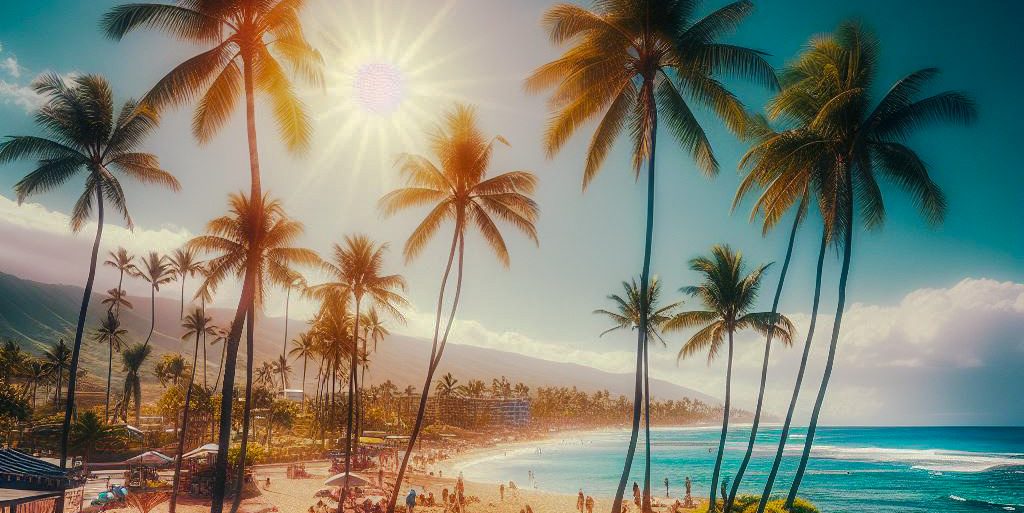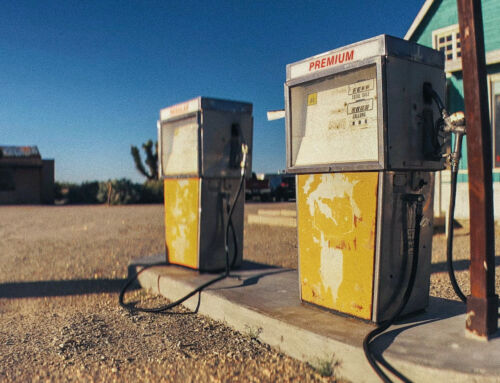View by Topic
Recent Articles
-
Congress Blocks California’s Gasoline Car BanSaturday, May 31st, 2025
-
EPA Will Keep Current Limits for “Forever Chemicals” in Drinking WaterSaturday, May 24th, 2025
-
Court Indefinitely Pauses SEC Climate Rule LitigationSaturday, May 17th, 2025
-
Maryland is About to Regulate Mold But is the Cart Before the HorseSaturday, May 10th, 2025
View by Month/Year
“Green Building Law Update” Headlines
Recent Articles & News from
Stuart Kaplow’s blog
at GreenBuildingLawUpdate.com
- EPA Will Keep Current Limits for “Forever Chemicals” in Drinking Water May 25, 2025
- Court Indefinitely Pauses SEC Climate Rule Litigation May 18, 2025
- Maryland is About to Regulate Mold: But is the Cart Before the Horse? May 11, 2025
- BEPS Redux: The Most Far Reaching Environmental Legislation of the 2025 Maryland General Assembly May 4, 2025
Subscribe to the Green Building Law Update!
Stuart Kaplow brings his expertise and extensive experience to the table with his unique digital publication, "Green Building Law Update". Subscribers receive regular updates to keep them informed about important issues surrounding Environmental Law, Green Building & Real Estate Law, as well as the emerging demand for Environmental Social Governance (ESG).
Get fresh content through the lense of Stuart Kaplow's cutting-edge expertise, innovative commentary and insider perspective. Don't miss another issue! Subscribe below.

Hawaii Considers $25 Climate Tax
The Hawaii legislature held a hearing last Friday on Governor Josh Green’s bill to authorize a $25 tax to create a “special fund to prevent climate crises and more effectively respond to climate crises when they occur.”
The climate levy will be on “transient accommodations” and due each time tourists to the island state check into a hotel or other short term rental with “tax revenue [allocated] to the climate health and environmental action special fund.”
The Governor articulated in the legislation, “that Hawaii’s natural environment faces significant pressure from climate change and the heavy use it receives from persons traveling to enjoy the State’s natural resources. Climate change and overuse are placing our natural and cultural resources in increasing peril by creating greater risk of fire, flood, coastal erosion, loss of reefs, and pollution of our air and water supplies threatening lives, homes, visitor accommodations, fisheries, stability of other natural systems, and irreplaceable Hawaiian cultural landscapes enjoyed by Hawaii residents and tourists.”
Arguably with its tropical climate, with trade winds from the East, the islands are getting drier and hotter. Note, it is the only U.S. state to have never recorded a subzero Fahrenheit temperature.
The legislature suggests that “while the State has many of the solutions for prevention, the State and the counties currently do not have the needed resources to implement even the highest-priority climate crises prevention measures.”
$25 might strike some as a drop in the Pacific Ocean toward repairing the planet, or even just Hawaii, but the 8 main islands, of the 137 island archipelago, had more than 9.5 million tourists last year, so maybe $68 Million (.. tourists share hotel rooms) is a start.
“It’s a very small price to pay to preserve paradise,” the Governor told The Wall Street Journal. But in his February 23, 2024, written testimony “In Strong Support” for his bill the Governor said the revenue will go to specific purposes including first to establish a state fire marshal (.. some suggest that doesn’t sound a lot like climate?).
Other countries charge tourist fees including using some or all of the proceeds on environmental matters, from Bhutan’s $200 per day per tourist to fund the gross happiness index, to the Galapagos Islands of Ecuador’s $100 per visitor entrance fee to fund infrastructure and conservation.
Last year, a similar bill by the Hawaii Governor to levy a $50 “visitor impact fee” on tourists for access to state parks and beaches failed and cynics claim the Governor simply rebranded his new proposal as this year’s “climate tax” on tourists.
Of course, this is not a carbon tax designed to reduce greenhouse gas emissions by increasing the prices of the fossil fuels that emit them when burned; to the contrary, nearly all tourists arrive in Hawaii by airplanes which account for about 4% of global greenhouse gas emissions and this levy is not about fossil fuels, but rather about raising government revenue from somewhere other than residents, where tourism is the largest sector of the economy, that had historically been a plantation economy.
Hawaii already has the highest hotel tax in the nation at 10.25% and Honolulu has its own at an additional 3%, so whatever the motive, this proposal is just more and additional ‘lodging tax.’ The Hawaii Vacation Guide recommends a family of four budget $13,495 for a 10 day vacation in the Aloha state, so will anyone really complain about another $25 whether it is efficacious in repairing the planet or not, .. certainly not the 1.4 million permanent residents of the islands who have one of the highest cost of living in the U.S., and will see this as the ultimate progressive tax.
The tax would be a first of its type for any U.S. state. Some have argued this novel initiative would violate the right of U.S. citizens to move freely between the states, but HB 2406 is expected to pass in the coming days, but, maybe do not worry visitors to Hawaii will be paying this tax any time soon; the Governor has accepted a friendly amendment to his bill by the legislature’s Committee on Energy & Environmental Protection “changing the effective date to July 1, 3000, to encourage further discussion.”









